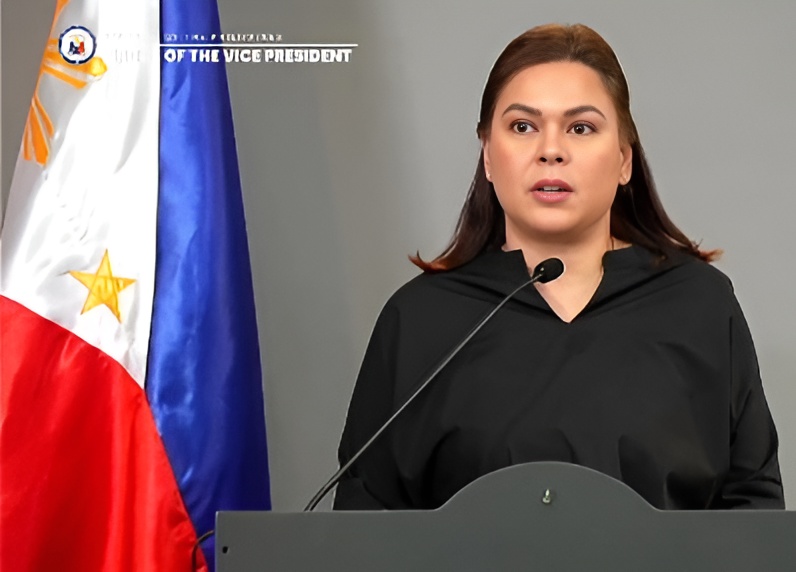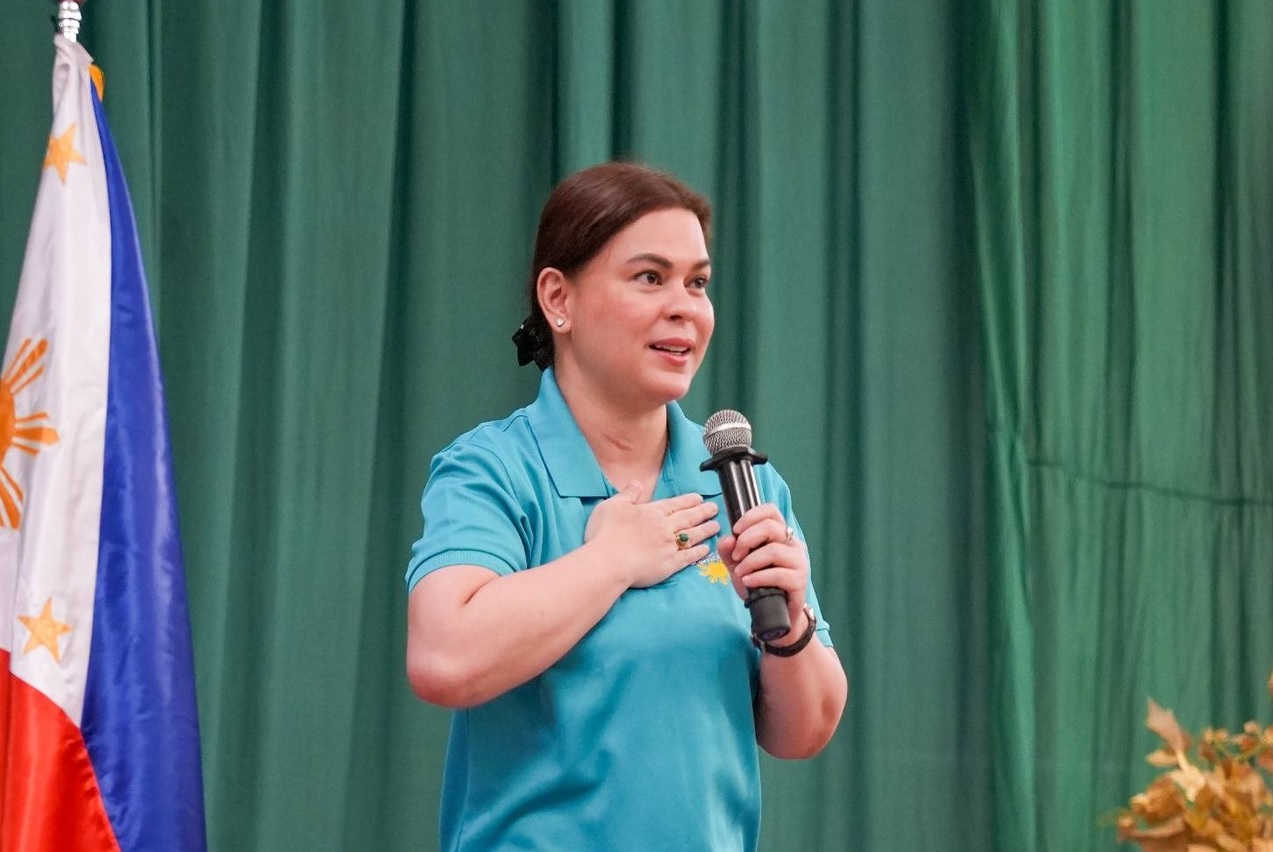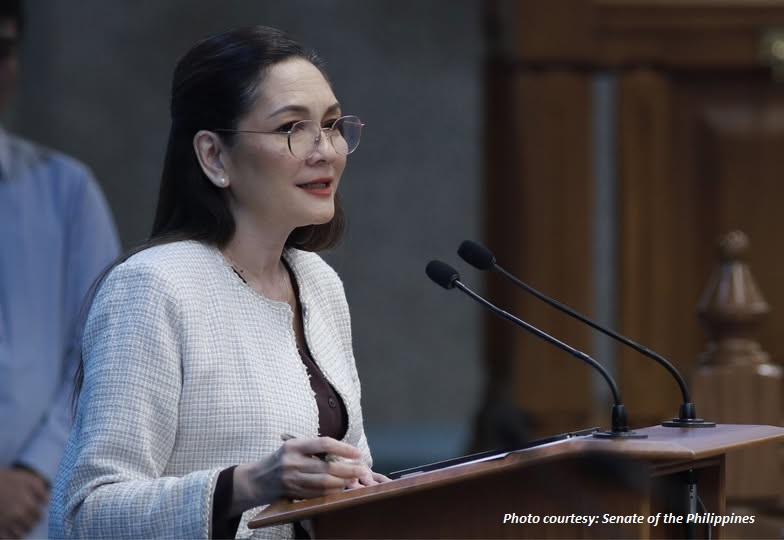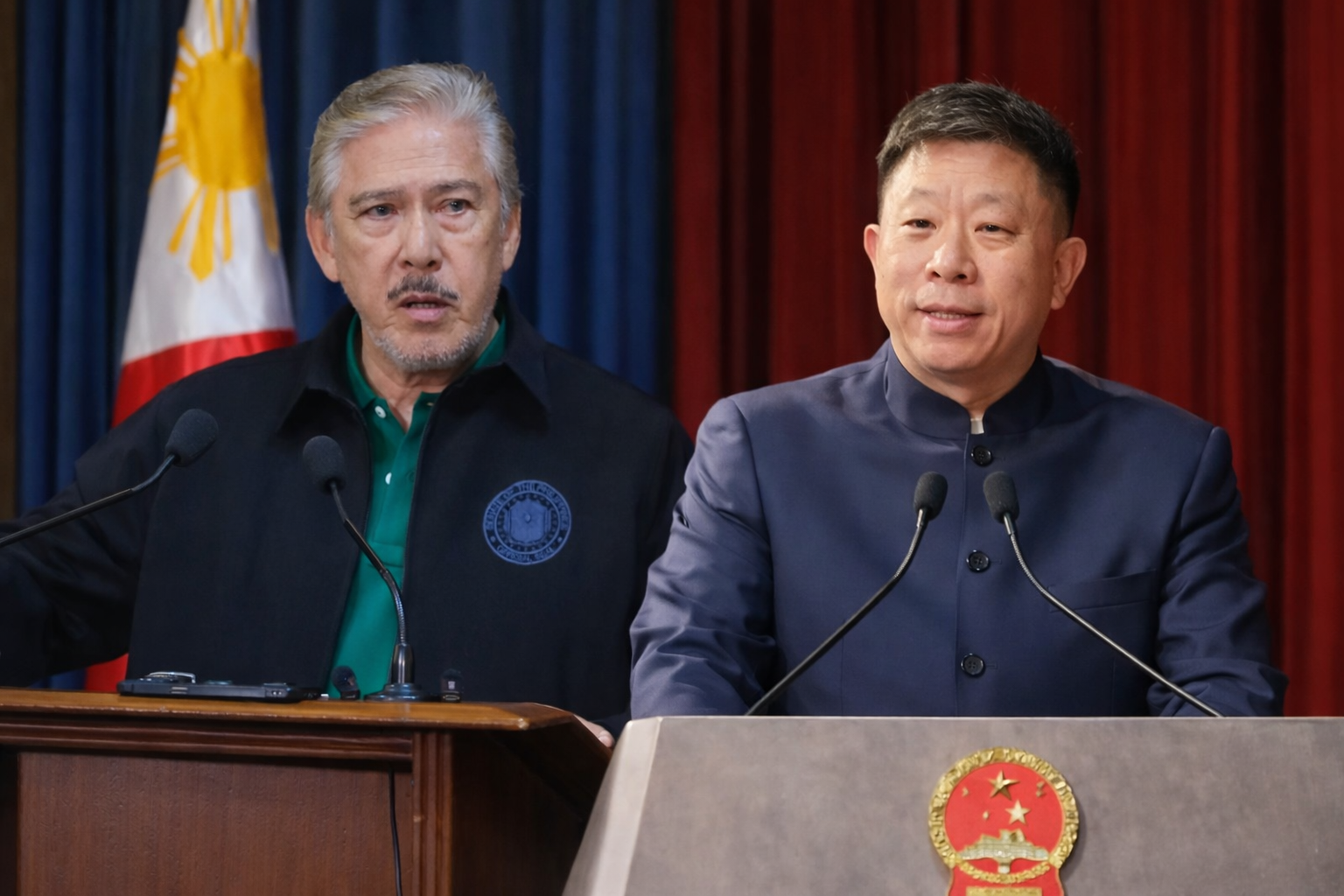
I wrote this piece sometime in October 2019. This saw print in the Philippine News Agency. I thought of reprinting this because of its relevance especially with the coming of the 2025 mid-term elections. The main characters, particularly Gov. Edwin Jubahib, are seeking re-election and I thought this could help in an informed-decision who, the electorates of Davao del Norte should vote: will they still go for Governor Jubahib or for District 2 Congressman Alan Dujali for Governor. Read on:
MINDANAO’S biggest dollar-earning agricultural industry is (cavendish) bananas. At an average of one employee for every 1-1/2 hectares, not counting the administrative staff, the industry accounts for the biggest number of labor force. Last year’s January to November export revenues contributed $1.345-billion to the country’s gross domestic product. These are significant contributions to the country as a whole but the events that happened recently is threatening the industry to extinction.
The cultivation of cavendish bananas in the Philippines was pioneered by the late Antonio Floirendo, Sr. circa 19t9. Taking advantage of the government offer to pioneers in Mindanao to develop family and corporate farms, Floirendo who opted to settle in Davao saw exciting potentials in agriculture. He leased 1,020 hectares in Davao del Norte. He saw this while he was setting up his business as a dealer of Ford Motors, the first outside of Luzon. Before he ventured into cavendish Floirendo started off with abaca in Marapangi, Toril, Davao City and then expanded in Sto. Tomas, Davao del Norte. Abaca fibers were the best seller in the world market then.
But in the midst 1960s abaca was hit by a double whammy: dreaded mosaic disease wiped out abaca and synthetic nylon fiber, a byproduct of oil, emerged and it was cheaper and can withstand any weather condition. This prompted Floirendo to shift to cavendish bananas. When the Bureau of Corrections offered part of its land grant for development, Tagum Agricultural Development Corporation made a bid and the Senate Blue Ribbon Committee then chaired by the late Sen. Benigno “Ninoy” Aquino favored the offer of TADECO over Gomez Cellulose.
Floirendo’s TADECO proceeded to undertake a yeoman’s job of transforming the swampland of BUCOR to the world’s best producer of bananas in terms of best practices and in a number of boxes harvested per hectare.
Banana cultivation, however, is not a walk in the park. Despite its contribution to the economy and labor force, the government has not created a special agency that would look into the needs of the industry. The biggest challenge that the industry faces these days is the emergence of fusarium wilt which had wiped out the entire banana plantations in Panama and threatened other cavendish banana producers in Latin American countries. By the latest count, over 15,000 hectares of banana plantations which are mostly grown by small growers had been destroyed by the Panama disease which is caused by soil-borne fungi. Corporate farms like TADECO, Sumifru and Dole had so far managed to keep their plantations away from the menace of fusarium wilt by establishing quarantine stations in all ingress and egress of their plantations. The Department of Agriculture also had raised warning on the lethal disease by structly enforcing all available options to control the dreaded fungal menace.
But all is not well in Davao del Norte. In strange defiance and arrogance, the newly elected governor Edwin Jubahib himself led a phalanx of government personnel with a number of provincial engineers’ heavy equipment with a retinue of military contingent purportedly to dismantle the quarantine stations. This is the second attempt at forcibly removing the quarantine stations. When he was the Chief of Staff of then Speaker Pantaleon Alvarez, Jubahib also led a contingent of DPWH and police contingent allegedly on orders of a congressman from Surigao del Sur. Why the manic move to focus on TADECO which has a joint venture agreement with BUCOR to set up and develop a banana plantation in the later’s land grant defies imagination.
Both attempts at dismantling the quarantine stations did not materialize despite the show of force. TADECO employees are out to deter the highhanded enforcement of an order which is patently illegal and plainly a display of idiocy. But it is not only TADECO and its workers who will suffer if in case those sanitary measures will be removed. There are several corporate and cooperative farms in Davao del Norte alone. If Governor Jubahib thought that fusarium wilt will only put to risk TADECO alone then maybe he must be off his rockers.
The Philippine banana industry has regained its position as the second biggest exporter of cavendish bananas in the world. Thanks to the joint efforts of the people in the industry. We have the biggest share of Japan consumer market and we enjoy a preferential trade in China. I would attribute this too to the inroads of Duterte’s brand of diplomacy. As I write this, the President is hobnobbing with Pres. Vladimir Putin of Russia and expect that new markets for Philippine bananas will be in the works.
The success of the banana industry translates to the economic stability and development of the Davao region which has the distinction of registering the highest growth of the economy in the entire country.
The national government, particularly the Department of Interior and Local government should look closely at the behavior of the officials of the provincial government of Davao del Norte. The military and police authorities too should investigate the presence of their personnel in TADECO instead of running after the New Peoples Army which are still harassing private companies and government road contractors. The decadence has become disturbing. Tagum City, which is also the seat of power of the provincial authority, has become the scam capital of the Philippines. Just last week a manager of one of about a dozen get-rich-quick Ponzi pyramiding schemes was shot dead. There were several other killings attributed to the business scam which were reported to be carried out by investors who were hoodwinked to place their money in the shady transactions. The problem persists because the local government is perceived to be tolerating the grand estafa. In fact one of the firms is said to be operated by a ranking official of a politician. KAPA, the grandest of them all is said to have started in General Santos City but it flourished in Davao del Norte because of the obvious tolerance of local authorities.





